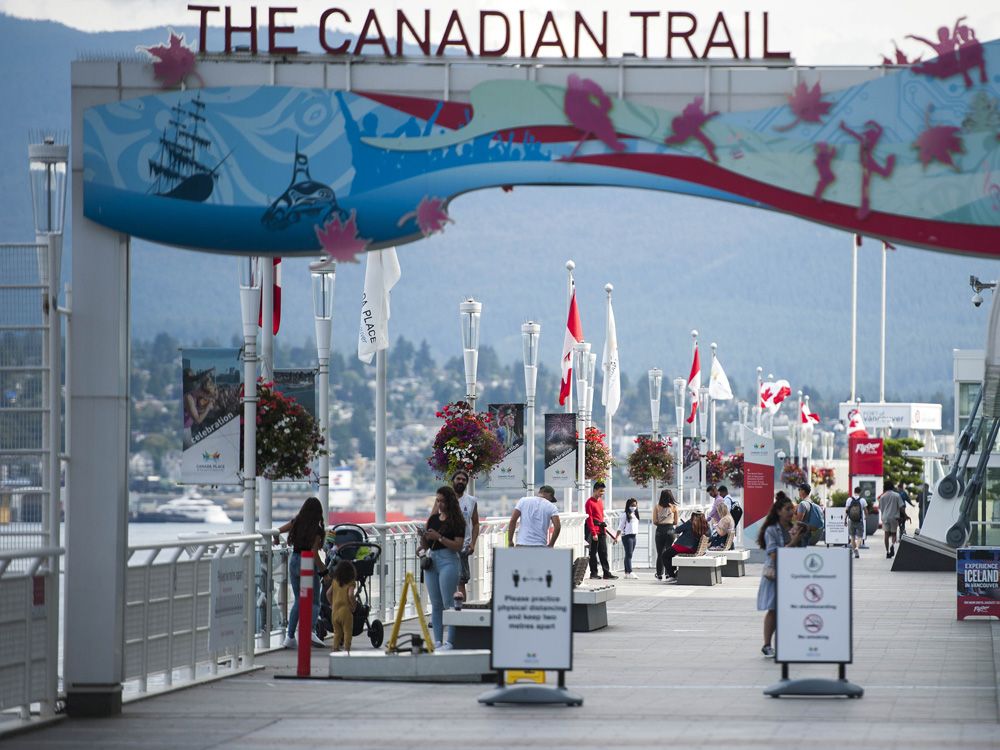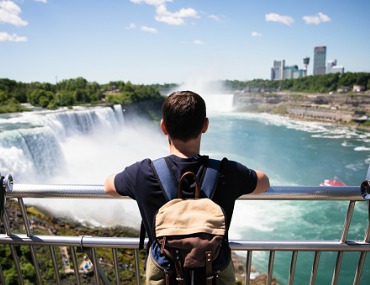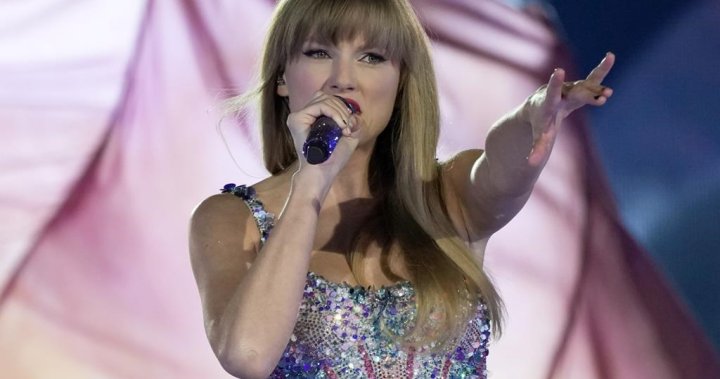AlbertC
Superstar
Commentary from various entertainment and hospitality figures on the Ontario government's $100 investment in the province's tourism sector:
Ontario's hard hit hotel industry hopes for recovery amid pandemic
Sept 8, 2021
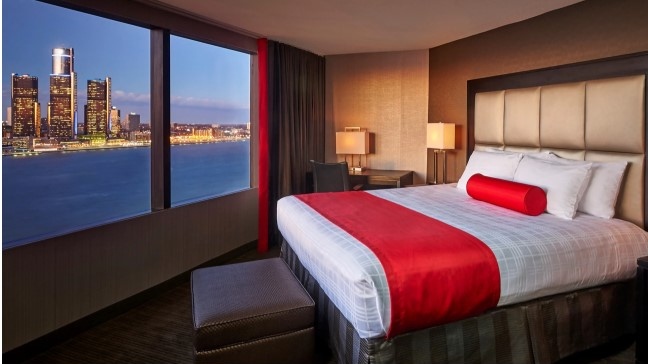
Ontario's hard hit hotel industry hopes for recovery amid pandemic
The hotel industry was one of the hardest hit during the COVID-19 pandemic and this past spring, 80 per cent of hotel rooms in the Greater Toronto Area sat empty and 65 hotels were completely closed.toronto.ctvnews.ca
I'm sure hotels are also losing big on all those empty conference room rentals. Zoom conferences have replaced in-person meetings, they have become the standard option for most business meetings.
The last hotel conference i was at, was late 2019 i think. I can't say i miss those meetings much. It was a pain in the winter commuting by transit out to the airport hotels, and i always got stuck in a meeting room with "whiteboard guy" that guy has to drag the meeting on by stopping the discussion to draw a really complex unnecessary diagrams on the whiteboard.
I'm sure hotels are also losing big on all those empty conference room rentals. Zoom conferences have replaced in-person meetings, they have become the standard option for most business meetings.
The last hotel conference i was at, was late 2019 i think. I can't say i miss those meetings much. It was a pain in the winter commuting by transit out to the airport hotels, and i always got stuck in a meeting room with "whiteboard guy" that guy has to drag the meeting on by stopping the discussion to draw a really complex unnecessary diagrams on the whiteboard.
Full recovery expected by 2023
With domestic and international travel on the rise, combined with positive industry forecasts, hotel RevPAR (revenue per available room) in Canada is expected to reach a full recovery to pre-pandemic peak levels by 2023.
While this may sound far away, it is in fact one to two years sooner than initially expected at the onset of the pandemic.
From a global perspective, there has been strong recovery in leisure travel demand and this is leading to recovery in hotel profitability.
China was the first to experience resumption in leisure travel, followed by the U.S. and now Europe, though all remain dependent upon government restrictions.
Despite the increase in leisure travel, the industry is experiencing an elongated recovery in business transient travel. This could be attributed to “return to office” taking longer than initially anticipated and inconsistent vaccination policies.
However, trends show demand has been improving and increasing week-over-week. Looking into next year, group business travel is expected to improve with rates at or above 2019 levels and room bookings are also expected to increase.
Industry leaders, investors must be patient
As travel restrictions change, there is no denying demand for hospitality will increase, ultimately resulting in higher profits and a steady recovery for the hotel industry.
Although a full recovery will not be immediate, there is certainly hope as the pandemic continues to run its course.
International travel is expected to be the biggest beneficiary of the changing travel restrictions and this recovery will ultimately benefit the 24-hour gateway markets that have also been heavily impacted by the pandemic.
In order to survive and thrive, hotels must continue to adapt in order to hold their value as external factors begin to work in their favour – industry leaders and investors will need to be patient.

Destination Toronto estimates Toronto lost $8.35 billion in visitor spending between March 2020 and March 2021.
Now, 18 months after the first lockdown, the entire sector is looking at a long, uneven recovery just as years of marketing itself as a global destination had been paying off.
Toronto Region Board of Trade senior vice-president Lindsay Broadhead says the city’s experience with SARS showed that a public health disaster has two potential impacts on a city’s economy. The first is obvious — dark hotel rooms and reduced spending at restaurants and attractions.
Then there is the risk of what she calls “the long tail” of the crisis. It took years to build the city’s reputation as a vibrant, economic convention destination and when COVID-19 hit, Toronto was performing at its peak.
“There was a maturity in our market,” said Broadhead.
It went beyond just spending, it went toward investing in the city — the outcome of more exposure to “higher cachet visitors.”
That investment and the talent it attracts could be at risk, she said.
When the pandemic hit in early 2020, Toronto had just come off “a high water mark,” said Scott Beck, CEO of Destination Toronto.
It had hosted 116 major meetings in 2019 — conferences with more than 1,000 delegates each — drawing 422,291 visitors. By then the city’s convention economy was already soaring. In 2017, 101 conferences attracted 520,740 delegates.
Industry experts expect it will take until at least 2024, maybe until 2026, before Toronto regains its painstakingly built visitor business.
“We’ve got thousands and thousands of meeting and event spaces across the GTA sitting there virtually empty,” said Terry Mundell, CEO of the Greater Toronto Hotel Association.
Mundell says the hotel industry, which has been relying on government assistance and is awaiting programs that will hopefully goose the visitor economy, is aware its business dynamics have shifted.
The reality is the ship needs to turn “really, really soon,” he said.
A key metric for measuring the hotel performance is known as REVpar — revenue per available room. It’s basically an average of the revenue generated by the hotel’s rooms that takes in the average occupancy and the varying price of the facilities.
In 2019, downtown Toronto hotels had a REVpar of $196 on average, according to Nicole Nguyen, a director of the hotel division of commercial real estate company CBRE. That plunged to about $40 in the pandemic.
“Forty dollars is essentially your gross margin. At the end of the day, you have $40 with which to pay your overheads, your property tax, your insurance, your full-time staffing and to look after your guests,” she said.
Canadian hotels saw an average 60 per cent drop in REVpar in the pandemic. Toronto’s was 80 per cent, she said.
But Nguyen says downtown hotels are expected to lag the recovery of suburban properties. Like office workers, hotel guests are looking for less dense surroundings and the GTA has alternative hotel nodes outside the core such as those near the airport or in Markham.
“Crowd” has become a scary word, said Frederic Dimanche, director of Hospitality and Tourism Management at Ryerson University’s Ted Rogers School of Management. But as capacity restrictions lift, people will “hopefully” be reassured by crowds packing sporting events and concerts.
Although meetings and events are slowly returning, he doesn’t see business travel regaining its pre-pandemic levels, as many companies have found it more efficient and less expensive to zoom, he said.
“The road warriors who fly across time zones, don’t sleep well, have to come back from Asia and Europe — many of them welcomed a reduction in travel,” said Dimanche.
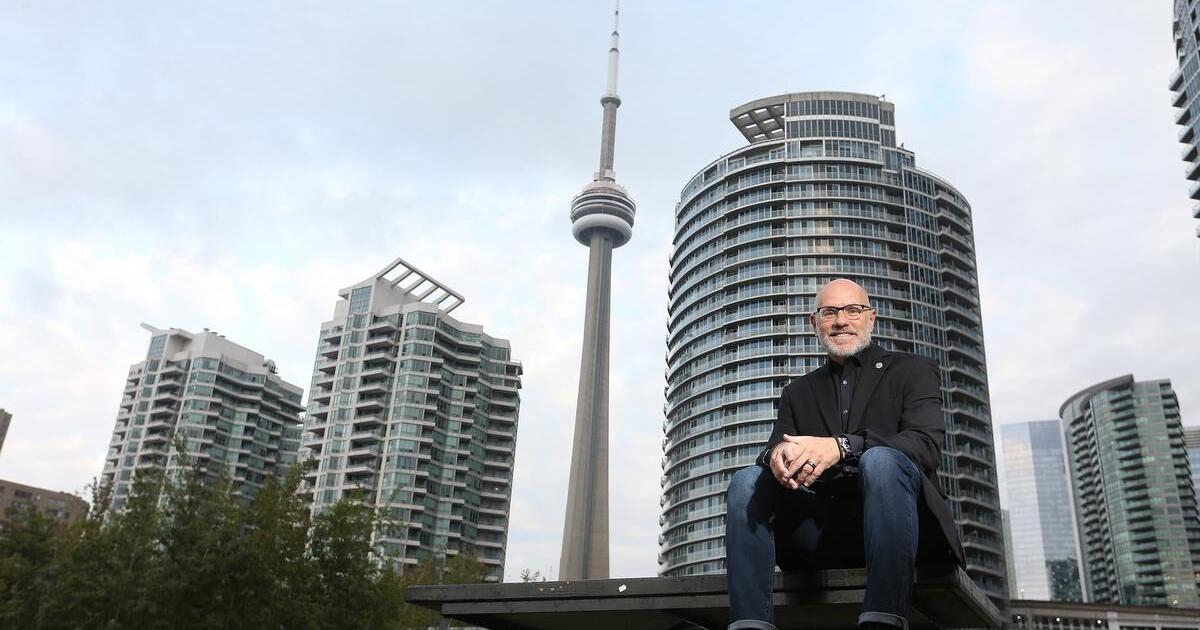
Domestic tourism is expected to be up almost 19 per cent this year over 2020, according to the Conference Board of Canada, and leisure and resort destinations have been the biggest beneficiary.
However, 2021 will still be considered pretty much a lost year for the Canadian hotel industry. The first part of 2021 was hampered by lockdowns and restrictions, the Canada-United States land border didn’t open to American travellers until August and international travel restrictions have still only been partially lifted.
That meant there wasn’t much of a summer season — which has historically been important for momentum in the Canadian hotel industry.
This is reflected in CBRE’s 2022 market outlook for the Canadian accommodation sector, which forecasts Vancouver to outperform other Canadian markets by most measures in the coming year. Occupancy is projected to hit 55 per cent, the average daily rate to rise to $176, and revenue per available room (RevPAR) to increase to $97. That’s up from $47 in 2020, but still well shy of $175 in 2019.
Niagara Falls is projected to have 2022 occupancy of 59 per cent, the highest of any market in Canada, but still down eight points from its 2019 level. CBRE forecasts Quebec City will see occupancy of 55 per cent, outperforming its provincial counterpart in Montreal.
Lack of business travel hurts
Urban downtown hotels saw a sharp falloff in RevPAR as COVID-19 set in and have remained at the bottom of the performance chart.
CBRE projects all 13 of Canada’s major hotel markets will continue to have RevPAR under $100 in 2022, with Vancouver at $97, Montreal at $79 and Toronto at $78. The last time all of those markets were under $100 was in 2010, in the midst of the global financial crisis.
CBRE forecasts 2022 RevPAR will increase 53 per cent to $72, but says recovery to 2019 levels likely won’t occur until 2025.
A more complete industry recovery will depend on the return of American travellers and a resurgence in business travel, meetings and conferences, which is projected to begin ramping up in the spring of 2022.
“We are believers that business travel will come back to levels reached previously, but it may be a different type of business travel,” said Nguyen.
Instead of flying in and out of a city for a one-day meeting, Nguyen believes people may stay longer and try to conduct more business while they’re there.
She noted there are fewer flights operating and it takes longer to get through airports due to COVID-19 health protocols, which is also putting some people off from business travel.
“We think business travel will come back, but it will take time and we’ll have to be patient,” said Nguyen.
“If there are any economic repercussions, such as inflation and what that may do to the economy, it might take a really long time to come back because companies will have to get really serious about scaling expenses back and travel is always high on that list when companies move to do those things.”

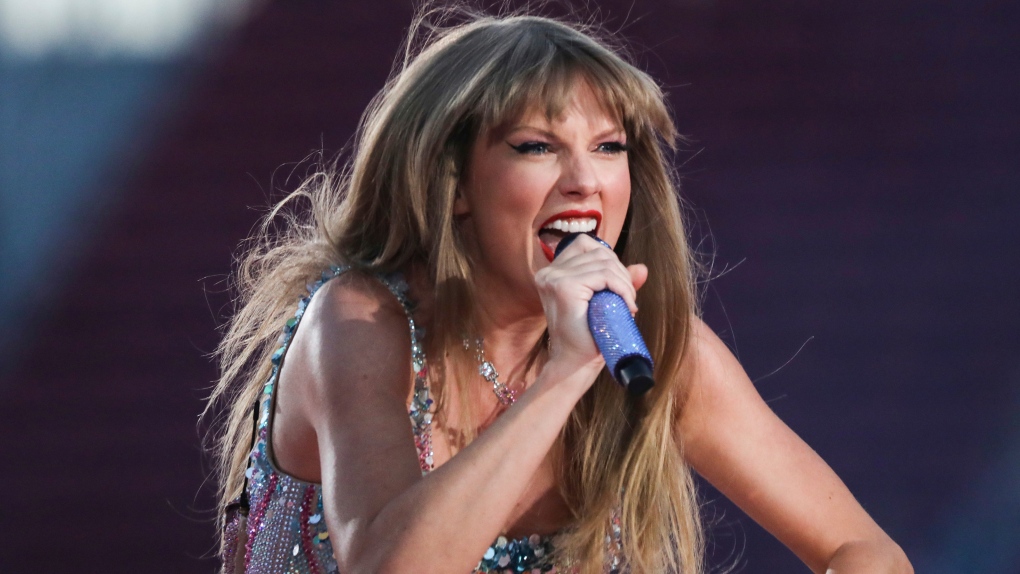
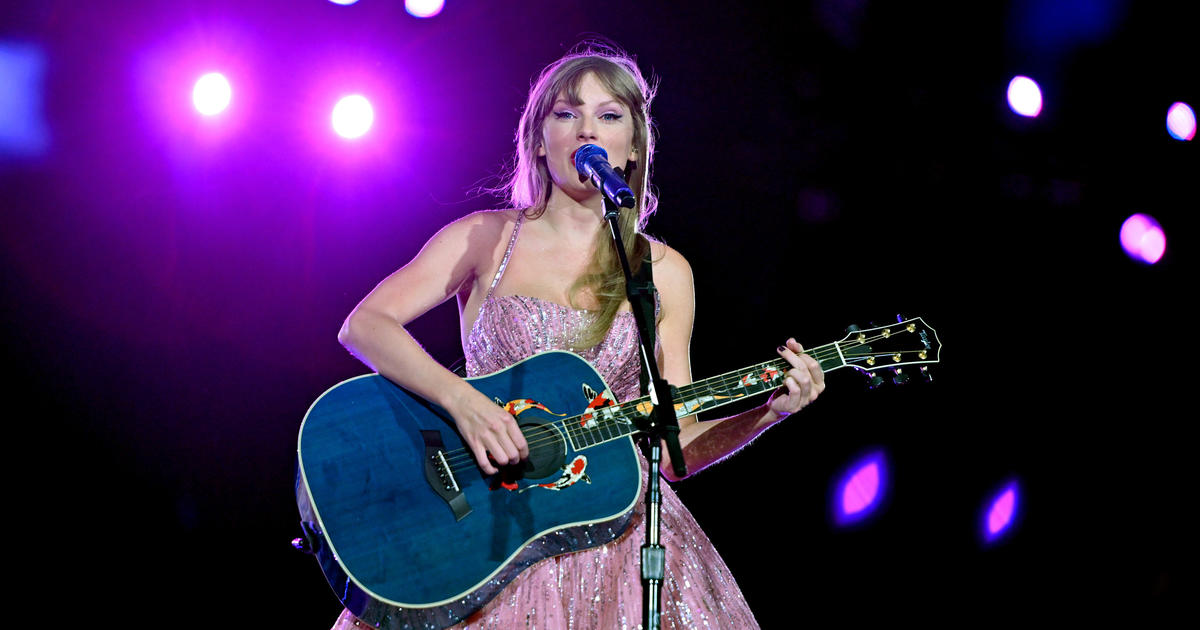
How are the tourism numbers in Toronto this summer?
